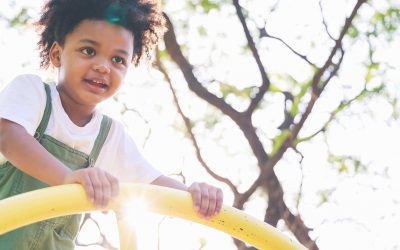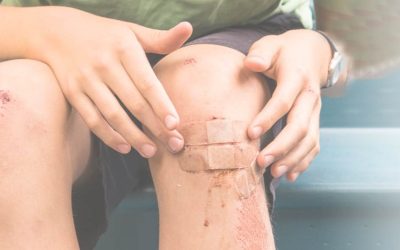It’s that time of year when kids are bringing home lots of bugs caught at school! Here’s some tips on what to do when a child has a fever:
Only treat a fever in your child if it is causing discomfort.
If your child is acting normally, let fever do its job. High fevers tend to cause more symptoms. Remember high fevers in children make kids look awful – lethargic, with racing hearts, panting breaths and maybe confusion. These kids need medicine.
When they feel awful, and are acting sick, I give Ibuprofen or Acetaminophen (Tylenol). Ibuprofen lasts 6-8 hours, and Acetaminphen lasts 4-6 hours. See more information about dosing with Tylenol here!
NEVER GIVE ASPIRIN TO YOUR CHILD. It is associated with Reyes syndrome–a potentially fatal disease.
Fevers in newborns and babies under three months old:
The smallest of little ones need to be seen by a doctor if you notice a fever.
Don’t use cold baths.
This can be very uncomfortable and cause shivering which then elevates the temperature further.
Offer plenty of fluids to avoid dehydration.
Fever will use more body fluids than a regular temperature. Water, freezies, popsicles, soup, rehydration fluids like Pedialyte are good choices. Small sips often is all they need. Your child can eat or drink whatever they want. If they don’t have an appetite, don’t force feed; just ensure adequate hydration.
Make sure your child gets enough rest.
That’s how they will have energy to fight the infection.
When to call the doctor?
Call the doctor if your child:
- Refuses to drink
- Has signs of dehydration – less urine output, dry mouth and the eyes are no longer glossy
- Has extreme irritability
- Has a stiff neck or severe headache
- Has persistent vomiting
- Has difficulty breathing
- Has a seizure
- Complains of pain – ears, abdomen, throat
- Has persistent fever for 3 days or more
- Has pain with peeing
- Has pain in the right lower side of the abdomen (where the appendix lives)
- Has a rash
- Has blue lips
And when in doubt – get your child checked out!










